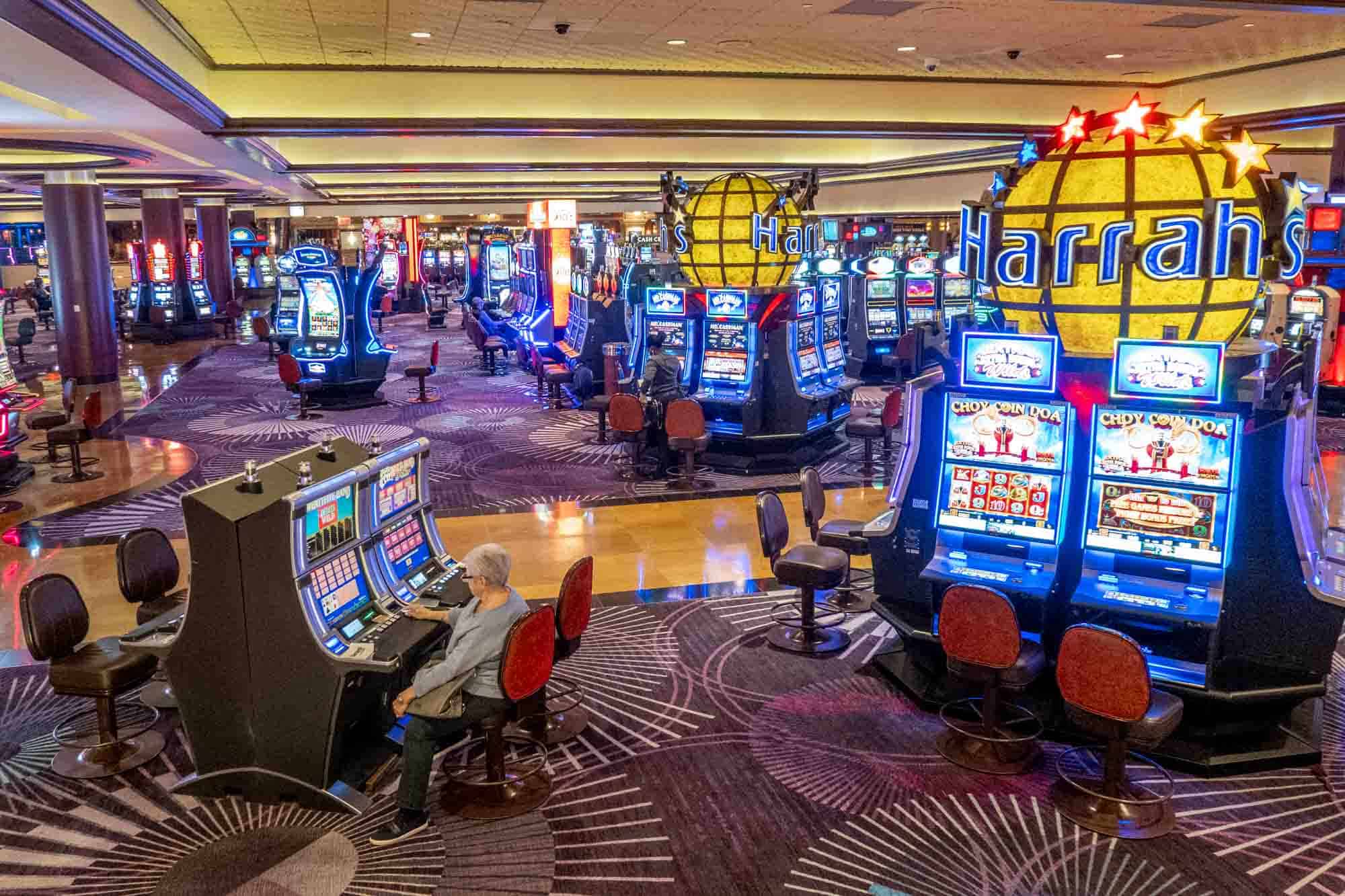The Evolution of Gambling: Starting in Antiquity to Modern Casino Games

Betting has been an integral part of human entertainment for millions of years, developing through cultures and periods to become the exciting casino activities we know today. From the ancient Chinese and Romans, who engaged in various forms of betting and chance, to the sophisticated gaming floors of contemporary casinos, the allure of risk and reward has enchanted individuals across the globe. The shift from basic dice games and primitive betting setups to the lavish settings of modern casinos reflects considerable strides in both cultural standards and technological advancements.
As cultures evolved, so too did the complexity of gambling activities, with casino games emerging as a distinct category of entertainment and excitement. These games have transformed from casual gatherings centered around traditional tables to sprawling, lavish establishments designed to entice players. Today, we delve into this captivating journey, analyzing how traditional practices laid the foundation for the varied and exciting casino games that bring pleasure to countless people worldwide.
spintax
Historical Wagering Traditions
Gambling has profound roots in human past, with proof of activities of chance tracing back to ancient societies. Archaeologists have discovered that as far back as 3000 BC, the people of China were using primitive forms of betting with dice made from wood. Similarly, ancient Mesopotamians engaged in gambling activities, often relying on the tossing of lots or dice to determine results. These early forms of betting served not only as recreation but also played crucial roles in social and cultural practices.
The people of Egypt also participated in betting activities, with games that included betting on the results of various occurrences, including athletic events and spiritual festivals. non UK licensed casinos Artifacts such as dice and depictions of gamblers from ancient tombs show that betting was a frequent pastime. It provided both entertainment and a means of engaging in social interaction, often linked to festive occasions or major gatherings. This activity demonstrated the universal appeal of chance and competition throughout the ages.
In ancient Rome, wagering became a prevalent practice among the populace, as evidenced by references in literature and the establishment of guidelines around certain activities. Romans enjoyed a variety of gambling activities, from wagering on horse races to playing games similar to modern-day board games. The legal system surrounding these activities began to take shape, establishing the foundations for betting regulations that would evolve in the centuries to come. The prevalence of betting during this period set the stage for the development of casino games in the future.
The Evolution of Casino Games
Casino games have undergone notable transformations from their origins to the modern-day entertainment offerings. In ancient civilizations, gaming was often connected to ceremonial practices, with dice games found in Mesopotamia and betting on the outcomes of events in ancient Rome. These early forms of gambling laid the groundwork for the structured games we see today. The transition from informal gambling to regulated games took place as societies began establishing rules and venues for wagering, showing cultural values and practices.
The medieval period saw the emergence of card games, which gained popularity among the nobility of Europe nobility. Games like the first and baccarat became essential components in social gatherings. The invention of printing technology additionally aided the spread of playing cards, making them more available to the common people. As gambling houses began to increase, these card games transformed into variations that appealed to wider audiences, eventually leading to the founding of casinos as exclusive venues for gaming.
The 20th century marked a crucial point in the development of casino games, with the ascendancy of commercial casinos in Las Vegas and other gambling hotspots. This era brought forth games like slot machines and modern adaptations of table games, complete with sophisticated graphics and intricate betting structures. The advent of online casinos in the late 1990s also revolutionized the gaming industry, allowing players to access a great variety of casino games from the safety of their homes. Today, casino games persist to develop, blending traditional elements with advanced technology to create engaging experiences for players worldwide.
Contemporary Gambling Regulations
In the past few years, the area of gaming regulations has changed significantly, particularly as tech advances and online gaming have become more prevalent. Authorities around the planet have introduced multiple laws and guidelines to make certain that gambling activities are performed equally, with responsibility, and clearly. These laws often include elements such as licensing, advertising, gambler safeguards, and responsible gambling measures. Authorities aim to minimize problems such as gambling addiction and cheating while supporting a just gambling environment.
The rise of internet gambling sites has required a different approach to regulation. Many legal areas have set up dedicated online gambling structures that cater to online gambling, allowing operators to offer their services within the law. These frameworks often require operators to secure permits, follow strict safety protocols, and provide assistance options to help players. By closely observing online activities, regulators can more effectively protect players from potential harm and make sure that gambling is conducted in a safe manner.
Moreover, modern gambling laws are progressively concentrating on sensible gaming initiatives. Many gaming establishments and internet-based platforms now adopt features such as self-exclusion, deposit limits, and time-outs to help players control their gaming habits. Awareness campaigns aimed at educating about the dangers of gaming are also common. As the industry continues to expand, the focus on sensible gaming remains a fundamental principle of governing efforts, reflecting a commitment to promoting a safe and enjoyable gaming experience for all gamblers.